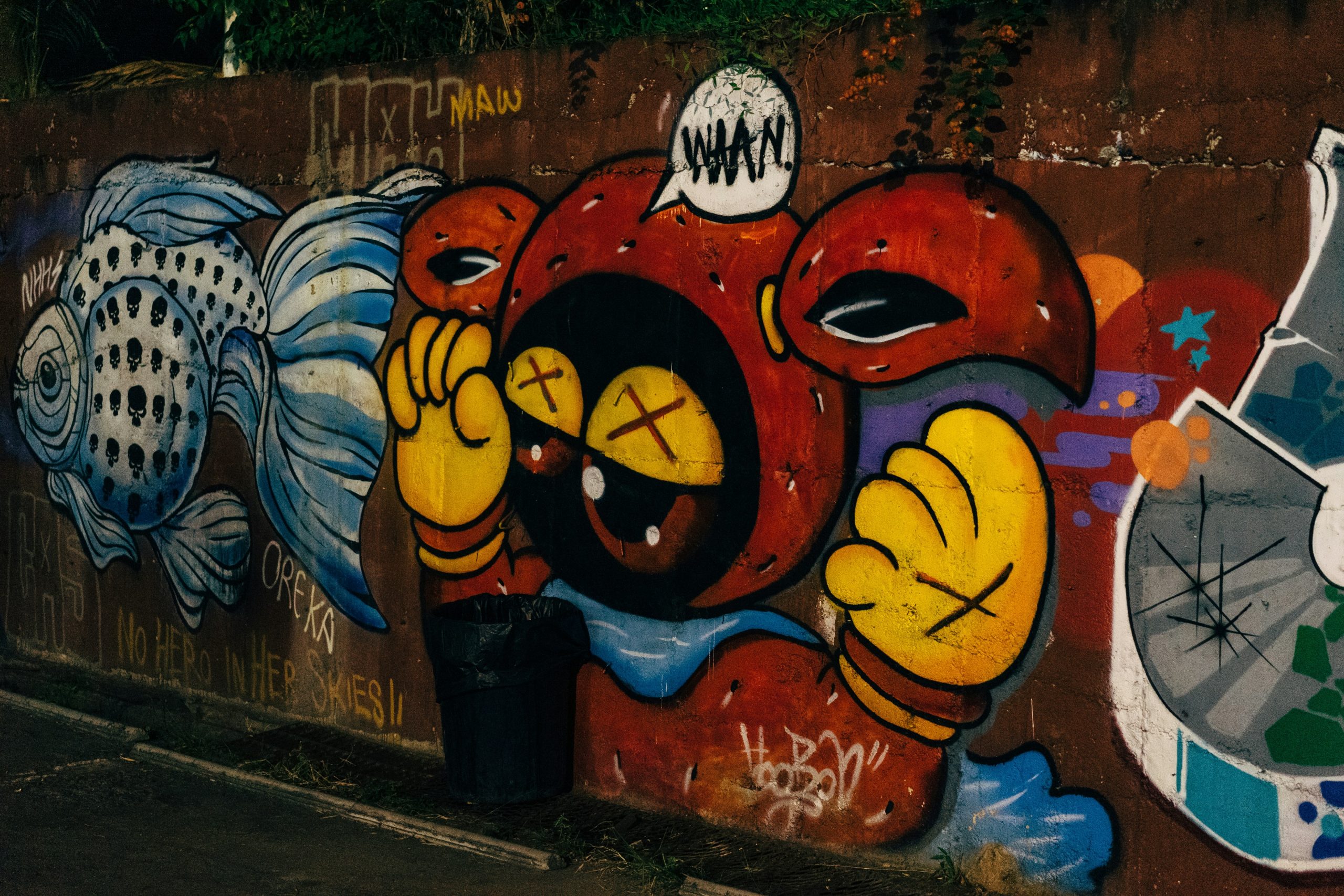In the ever-evolving landscape of anime streaming platforms, a seismic shift has just taken place as 9anime, a beloved hub for fans of Japanese animation, is undergoing a dramatic transformation. Renaming itself AniWave in response to mounting legal challenges, this rebranding signals a new chapter for the platform and its loyal followers. The decision comes amidst a wave of crackdowns on unauthorized anime streaming sites by rights holders seeking to protect their intellectual property. Dive into the intriguing world of AniWave as we explore the motivations behind this bold move and examine what it means for both the platform and its dedicated community of anime enthusiasts.
Introduction: 9anime rebrands to AniWave
The sudden rebranding of 9anime to AniWave has sent shockwaves through the anime community. With an increasingly saturated market of streaming platforms, this move comes as a strategic response to the mounting legal challenges faced by 9anime in recent years. By adopting a new identity, AniWave aims to distance itself from its past controversies and establish a fresh start in the competitive world of online anime streaming.
This rebranding not only signifies a shift in branding but also represents a significant evolution in the platform’s business model and approach towards content distribution. As AniWave sets out on this new journey, it will be interesting to see how it retains its existing user base while attracting new viewers with improved features and services. The transition from 9anime to AniWave marks a pivotal moment for the platform, presenting both challenges and opportunities as it navigates through uncharted territories in the digital entertainment landscape.

Legal Troubles: Copyright infringement issues arise
As AniWave emerges amidst a rebranding effort from its previous identity as 9anime, the shadows of legal troubles loom over its horizon. Copyright infringement issues have cast a daunting veil over the platform’s operations, stirring up debates on intellectual property rights and digital piracy. While AniWave seeks to carve out a legitimate space in the vast world of anime streaming services, it must navigate treacherous waters filled with legal complexities and regulatory scrutiny.
The battle against copyright infringement is not merely a legal tussle; it also underscores the evolving landscape of online content consumption. Consumers are caught in a dilemma between easy access to their favorite shows and supporting creators through legitimate channels. AniWave’s struggle serves as a stark reminder that the digital era demands greater accountability and adherence to intellectual property laws to ensure a fair playing field for all stakeholders involved in content creation and distribution.
Rebranding Process: Transition to AniWave platform
Through the rebranding process to AniWave, 9anime is signaling a transformative shift in its approach towards legal compliance and content delivery. This transition not only highlights the platform’s commitment to addressing past legal troubles but also underscores its determination to create a more sustainable and secure environment for anime enthusiasts worldwide. By evolving into AniWave, the platform seeks to redefine its identity in the ever-evolving streaming landscape while adapting to changing industry standards.
The rebranding of 9anime as AniWave represents more than just a name change; it symbolizes a strategic move towards enhancing user trust and loyalty by aligning with legitimate practices within the anime streaming industry. Embracing this new identity, AniWave aims to cultivate positive relationships with content creators, uphold copyright regulations, and provide users with an ethical and reliable platform for accessing their favorite anime content. This transition signifies a vital step towards establishing long-term viability for the platform while fostering a sense of accountability and responsibility among its community of users.

User Reaction: Mixed responses from the community
User reactions to the rebranding of 9anime to AniWave have been met with mixed emotions within the anime community. While some users applaud the platform for taking steps to address legal concerns and potential copyright issues, others express disappointment at the loss of familiarity with 9anime’s brand. The shift to AniWave has raised questions about the future content selection and user experience, leading to uncertainty among long-time fans.
Furthermore, some users have voiced concerns about potential disruptions in streaming services and accessibility issues during the transition period. The rebranding has ignited conversations about online platforms’ accountability in providing a safe and legitimate space for anime lovers while balancing financial sustainability. Overall, as AniWave aims to redefine its identity in line with legal standards, only time will reveal how these changes will resonate with its diverse user base.
Future Plans: Focus on legal content streaming
As the entertainment industry moves towards digital platforms for content consumption, legal issues around streaming services have become a focal point for many companies. AniWave’s rebranding from 9anime signifies a shift towards a more legally compliant approach to content streaming. By focusing on obtaining proper licenses and permissions for their anime offerings, AniWave is setting a new standard in the industry.
This move not only ensures that creators receive due compensation for their work but also protects consumers from potential risks associated with illegal streaming practices. Embracing this model of legal content streaming could pave the way for other streaming services to follow suit, leading to a more sustainable and ethical landscape in the world of online entertainment. The future holds promising opportunities for companies like AniWave who prioritize legality and transparency in their operations, ultimately benefiting both content creators and viewers alike.

Industry Impact: Influence on anime streaming industry
The anime streaming industry has been significantly impacted by the changing landscape of digital content consumption. With the rise of multiple streaming platforms catering specifically to anime enthusiasts, competition has intensified, leading to innovation in content delivery and user experience. This evolution has pushed companies like 9anime to rebrand as AniWave in response to legal challenges which highlight the need for platforms to adapt and comply with copyright laws.
However, this shift may also present an opportunity for growth and differentiation within the industry. As AniWave navigates these legal troubles and establishes itself as a compliant platform, it can potentially set a new standard for respecting intellectual property rights while providing high-quality content for anime fans worldwide. The industry’s response to these challenges will likely shape its future trajectory and influence how viewers access their favorite shows in the ever-evolving digital landscape.
Conclusion: AniWave’s journey amidst legal challenges
In conclusion, AniWave’s transformation from 9anime marks a significant shift in the anime streaming landscape. Despite the legal challenges faced along the way, this rebranding signifies a strategic move towards legitimacy and compliance. By navigating through these hurdles, AniWave demonstrates its resilience and commitment to providing quality content without compromising on legal integrity.
As the journey continues for AniWave, it is crucial to acknowledge the lessons learned from past legal battles. Leveraging this experience will be essential in shaping future strategies and ensuring sustainable growth within the competitive streaming industry. Through transparency, innovation, and adaptability, AniWave stands poised to overcome obstacles and emerge as a leading force in delivering unparalleled anime entertainment to global audiences.



![[Fixed] PayPal Error 403 Forbidden Forbidden Error 54113 [Fixed] PayPal Error 403 Forbidden Forbidden Error 54113](https://magicvibes.co/wp-content/uploads/2023/12/fixed-paypal-error-403-forbidden-forbidden-error-54113-438x246.jpg)

